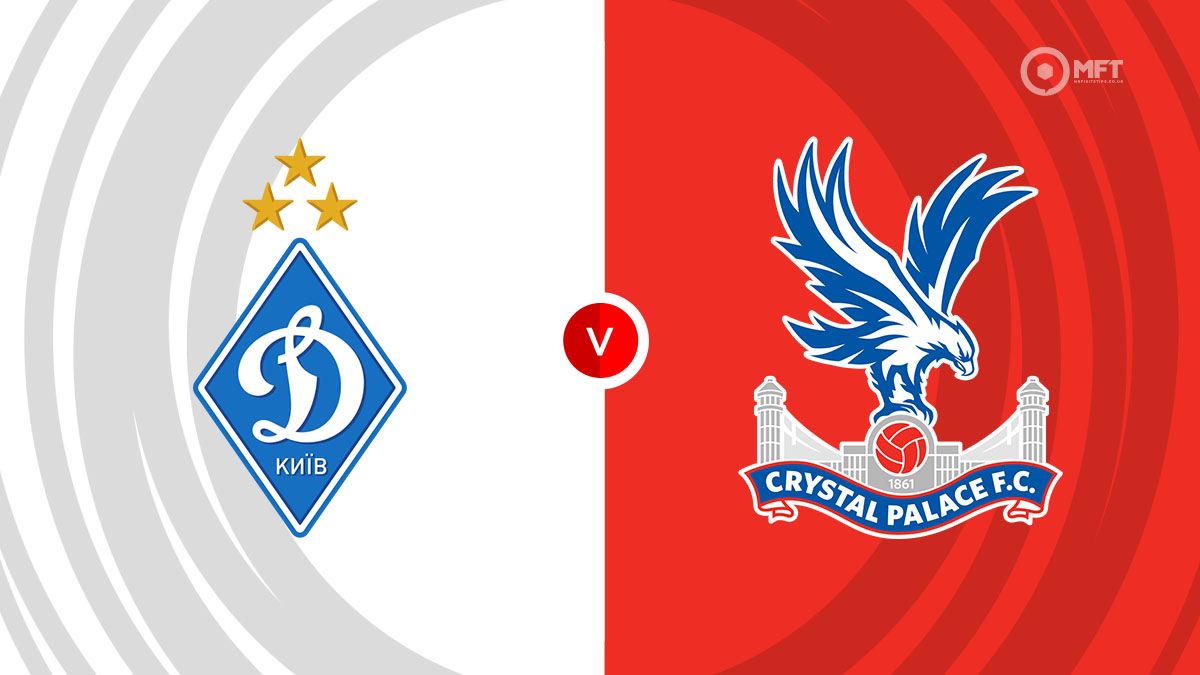YOU might have noticed a new feature that’s crept in to the increasingly stat-rich Match of the Day this season.
Alongside the usual possession, shots on target and number of corners you’ll find a new kid on the statistical block; Expected Goals (xG). But is it the preserve of the geeky football nerd or does it have some value for us punters?
Just what is xG and how can it help us punters?
In simple terms Expected Goals (xG) is the analysis of the number of goals a team is / was expected to score based on various contributing factors. Simple really, and although it appears to be a relatively new phenomena the truth is it’s been around for years.
If you’ve ever sat down to place a Both Teams to Score bet and analysed the number of goals a team has scored, versus the number their opponents have scored, and say you then threw in the number of goals conceded by each, then maybe adjusted your findings based on the relative goals for and against at home or away then at a very simple level you’ve created your very own rudimentary xG model. Basically it’s looking at previous goalscoring trends to try to predict future outcomes.
However with more in-match data available than ever before football boffins are developing more detailed models in search of more accurate results based on not just goals scored or shots on goal but placing value on the actual quality of chances a team creates. For example, typical xG models will also take in to account things like;
- Where on the pitch shots are taken?
- Were shots with the left foot, right foot or a header?
- What area of the pitch did the pass that led to a goal come from?
- How quickly did a team move up the park before a goal?
- How close were the defenders to the goalscorer?
All that data can be fed in to an algorithm that spits out a numeric prediction. Exactly what us punters need.
But how can you score 1.72 Goals?
Obviously you can’t. But these are the kind of numbers that xG algorithms come up with up and this example simply means that on average a team would be most likely to score two goals (1.72 belong closer to 2 than 1).
Say their opponents xG was 1.18, then that team would be more likely to score just once.
If you’re familiar with betting on Over / Under 2.5 Goals or on the Asian Handicap then you’ll probably grasp this concept a bit easier. Ultimately the xG rating is the predicted number of goals a team will score.
So how useful is xG for punters?
This is the million dollar question. More often than not a quick look at the bookies odds will tell you which team is most likely to win and a look at various markets will give you good idea of the number of expected goals too so I’m not convinced that xG is the holy grail for punters. Yet.
There’s an excellent example in this month’s Four Four Two magazine which highlight’s the xG for Juventus after 10 league matches in 2015-16. They’d made a slow start, scoring just 11, when their xG was closer to 19. At the other end they’d conceded nine, when Expected Goals analysis suggested it would normally be five.
Of course, Juve turned things around, winning 15 on the bounce on their way to another title. Yes, the trends were there in the xG stats but I’d also argue that most punters would be expecting the Old Lady to hit form eventually given their comparative strength of squad and the fact they were Italian champions the previous four seasons.
A different example that is cited in the article is based on the post-match analysis of Ronald de Boer's last match in charge of Crystal Palace, a 1-0 defeat to Burnley. Palace dominated the game and created chance after chance leading to an xG of 1.74 but they just couldn't convert. Burnley on the other hand scored the decisive goal despite an xG of just 0.43.
So even with all the benefit of hindsight the xG stats didn't reflect the final score on that particular match; a clear warning to punters not place all their faith in the stats.
Summary
xG looks like it's here to stay and I'm all for us punters having as much data and analysis to give us an edge against the bookies. It's a great tool to use to back up your own theories and to identify trends but don't place all your faith in numbers alone.
Lots of factors can affect the outcome of a match or the number of goals a team will score, so always do your own research and analysis in to team news, form, fitness, trends etc. then you'll be well on the way to bashing the bookies.
Let me know your thoughts in the comments section below.









































 GambleAware
GambleAware